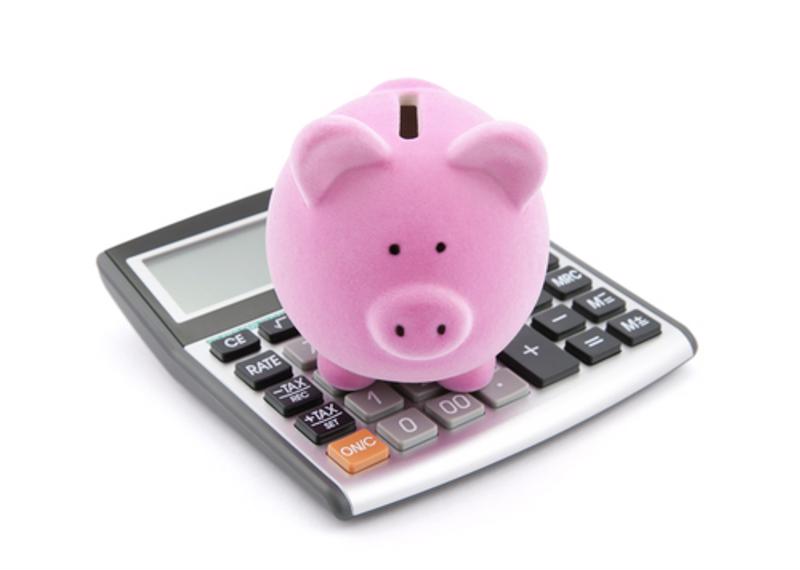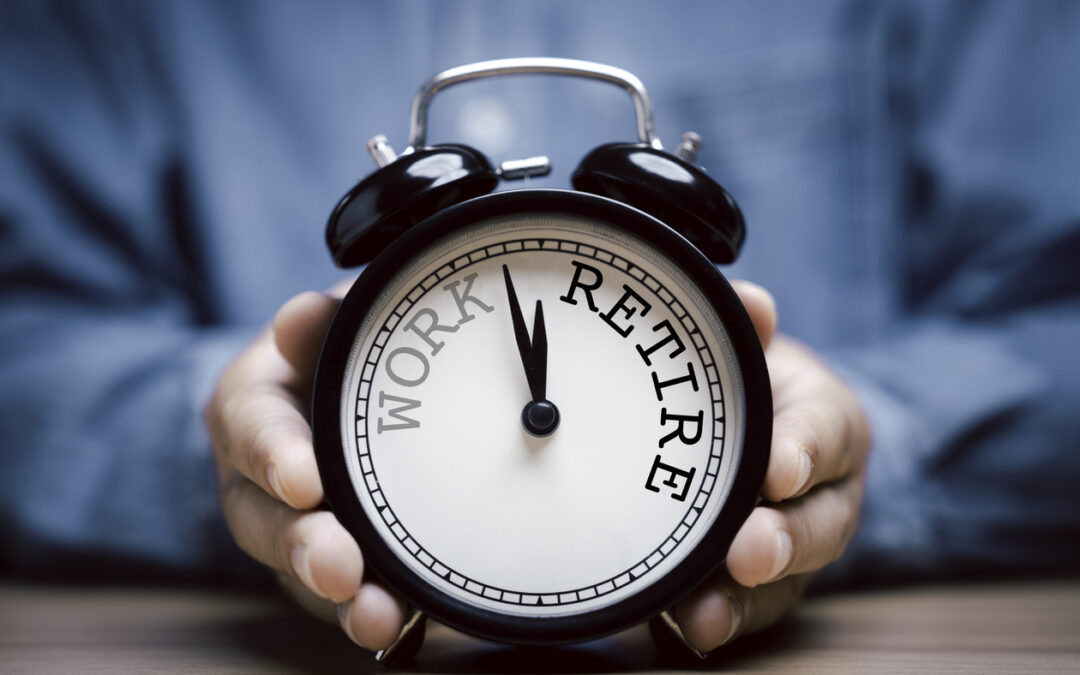Following the COVID-19 pandemic and the rise in inflation, the concept of saving for retirement has been at the forefront of many people’s financial worries. This may be particularly true of the oldest generation of workers, those who are within a decade or so of reaching their retirement age. Many had to dip into their retirement savings just to make ends meet during and even after the economic downturn, while many more were forced to curtail their savings during this time for similar reasons. As the economic uncertainty continues, many consumers are feeling the pressure to regain the necessary financial flexibility to save money.
In fact, over half of Americans feel behind in their retirement savings. If consumers don’t get a head start on what they should be saving or increase how much they’re putting away, they may not be as well-funded in retirement as they probably ought to be.
There are a number of reasons for this, including wage stagnation over the past decade-plus, the lingering effects of the recession, and the fact that people are just living longer these days. All of that makes it more difficult to properly save for retirement and calculate just how much needs to be saved in the first place.

Getting Over the Hump
One of the significant issues that many people may have as they get into the final decade or more before their retirement ages is that it’s easy to be discouraged by how little they have seemingly saved, according to a report from CNBC.
While there’s rarely a good excuse to save less, experts also point out that most individuals’ careers will be spent with relatively small numbers in their retirement accounts. However, this will be the case for many people as they approach their mid to late 50s. At that point, how interest is calculated will typically “kick in” and lead to huge jumps in retirement savings over a relatively short period.
Further, it’s important to note that continuing to save even when economic times are difficult will likely reap significant benefits, the report said. The recession may have set many people back in their savings efforts, but those who stuck with them saw their accounts’ value soar compared to where they had been just a decade earlier.
Start Saving Soon
For those who have yet to begin their retirement savings efforts in earnest, the longer they wait, the more difficult it will be to reach their goals. This is a long game to play, but it’s a vitally crucial one, and it’s vital for consumers to stick closely to their efforts, even when times get a little challenging. Any setback or delays now can wreak havoc decades down the line.


